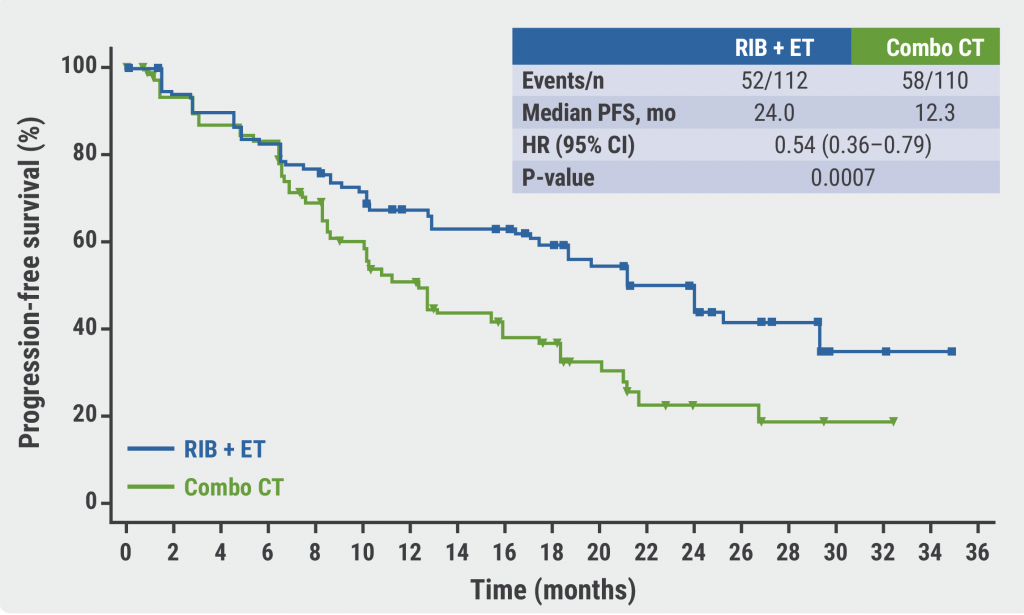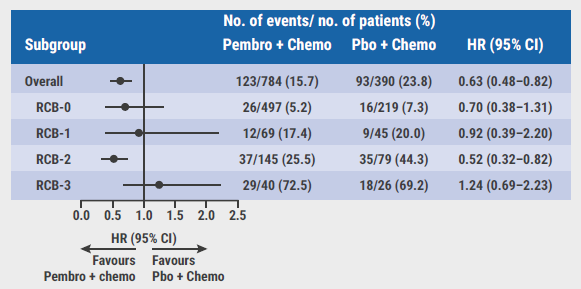They are likely inaccurate for immunohistochemistry (IHC) scores between 0 and 1+, according to a report in JAMA Oncology.
"About 15% of breast cancer cases show amplification of the ERBB2 gene, (which) leads to more than one million copies of the HER2 protein in breast cancer cells. These patients have been successfully treated with trastuzumab for over 25 years," Dr. David Rimm of Yale School of Medicine in New Haven told Reuters Health by email.
T-DXd has been successful in breast cancer cases that were not ERBB2-amplified, he said. However, "the assay designed to pick out the 15% of cases with more than 1 million copies of the protein does not work well to distinguish patient tumors with no copies of the protein from patient tumors with 20,000."
"To accurately determine which patients will benefit from T-DXd, clinicians should insist that their pathology partners use a new, more sensitive assay," he said. "The legacy protein assay and the fluorescent in situ hybridization assays are not appropriate for T-DXd and similar drugs in the pipeline."
"This paper is among (or the) first to identify this issue, and hopefully we will soon see commercially available assays designed for these new drugs," he added. "The current FDA approval for T-DXd is only for the ERBB2-amplified cases, but recent data suggests that soon the FDA will approve the drug for unamplified cases."
Dr. Rimm and colleagues analyzed data from College of American Pathologists (CAP) surveys and from a Yale University-based study of concordance of 18 pathologists reading 170 breast cancer biopsies.
The total survey data set included scores of ERBB2 cores collected over two years 1,391 to 1,452 laboratories.
Sixty-five percent of the 80 cores evaluated for the CAP survey had a concordance rate of 90% or greater. However, this high agreement was limited to scores of 0 and 3+. The lowest agreement was found between ERBB2 = 0 versus ERBB2 = 1+; for 25% of those cores, there was less than 70% agreement.
When the pathologists from the Yale study read the scanned slides from a selected set of breast cancer biopsies using a 4-point scale, there was only 26% concordance between 0 and 1+ compared with 58% concordance between 2+ and 3+.
The authors conclude, "In this study using a current standard ERBB2 IHC assay, the scoring accuracy for ERBB2 IHC in the low range (0 and 1+) was poor. This inaccuracy in the real world could lead to misassignment of many patients for treatment with T-DXd."
Dr. Kimberly Allison of Stanford University, coauthor of a related editorial, commented in an email to Reuters Health, "This study highlights what I think the pathology community in general is concerned about - that repurposing our current HER2 immunohistochemistry assays using an untested new threshold (0 vs. 1+) may result in patients being unfairly excluded from novel treatments."
"We don't know enough about the reproducibility and accuracy of this assay in the lowest levels of the HER2 protein expression range," she said. "In addition to variability in pathologist interpretation, the subtle difference between 0 and 1+ HER2 expression by IHC can be affected by many other issues, including how the tissue is handled before testing, how the assay is specifically performed and heterogeneity of protein expression."
"It is very exciting to see the early data that some HER2-targeted antibody-drug conjugates like T-DXd may be effective in HER2 non-amplified metastatic breast cancers - but to date the difference in response between 'HER2 low' and HER2 negative is largely untested, so the clinical validity of the 0 versus 1+ threshold is also still a major question in my mind," Dr. Allison concluded.
SOURCE: https://bit.ly/34KYAEP and https://bit.ly/338XoKL JAMA Oncology, online February 3, 2022.
By Marilynn Larkin
Posted on
Previous Article
« Shorter IV antibiotic courses likely effective for many urinary tract infections in infants Next Article
Anxious men face earlier decline in cardiometabolic health »
« Shorter IV antibiotic courses likely effective for many urinary tract infections in infants Next Article
Anxious men face earlier decline in cardiometabolic health »
Related Articles
November 18, 2020
Breast density helps predict cancer-related lymphedema risk


© 2024 Medicom Medical Publishers. All rights reserved. Terms and Conditions | Privacy Policy
HEAD OFFICE
Laarderhoogtweg 25
1101 EB Amsterdam
The Netherlands
T: +31 85 4012 560
E: publishers@medicom-publishers.com

